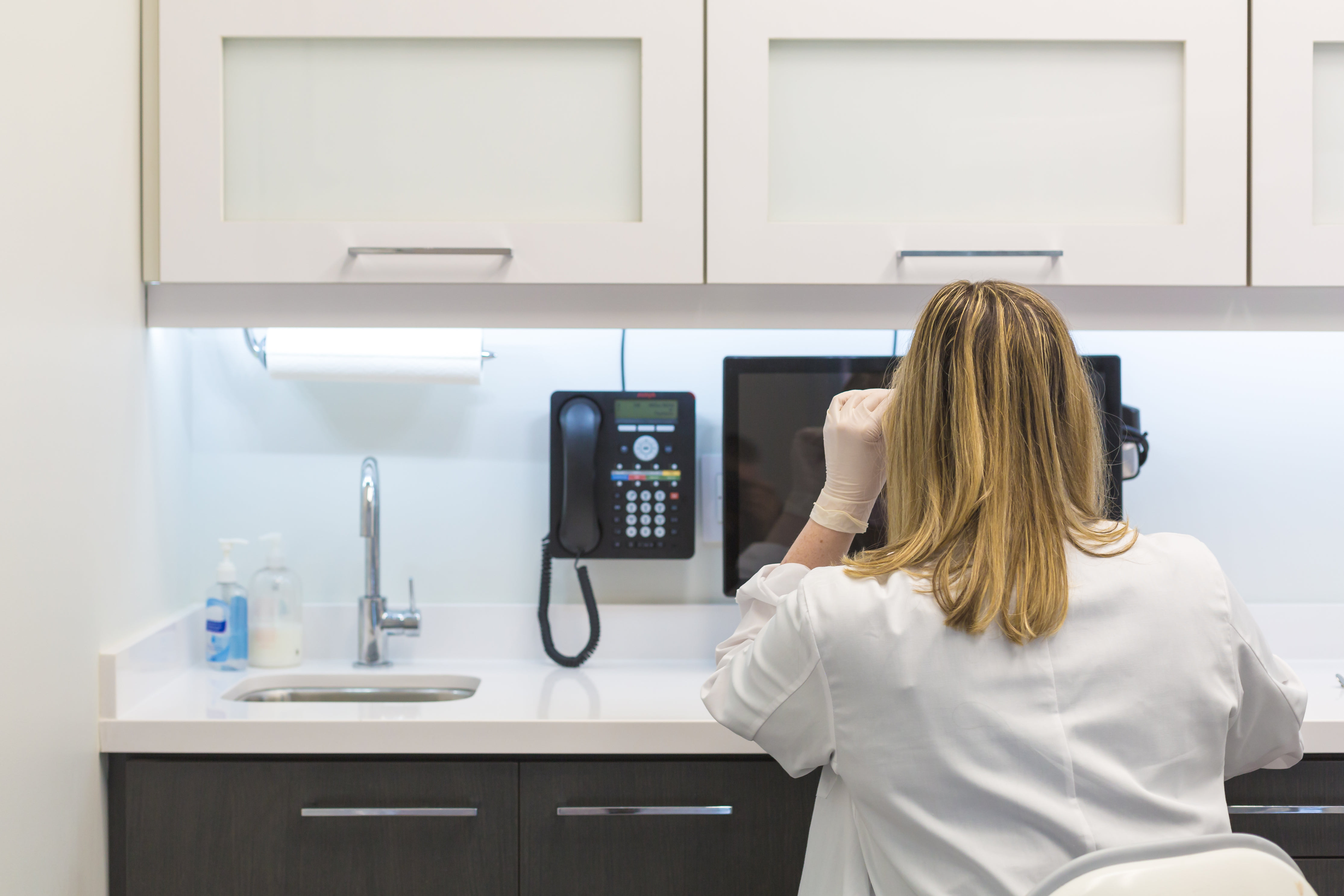Stress Urinary Incontinence (“SUI”) and Pelvic Organ Prolapse (“POP”) are two commonly occurring medical conditions where the tissue in the pelvic region weakens or becomes damaged. With SUI, the weakened tissue results in the involuntary leaking of urine during physical activities such as coughing, laughing, or sneezing. POP is identified in instances where the weakened tissue leads to various pelvic organs such as the bladder, uterus or bowel descending downwards from its original position.
Non-surgical treatment options that may have a positive effect include pelvic floor exercises, hormone replacement therapy, and lifestyle changes. However, in more severe cases or where non-surgical options are not effective, surgical treatments need to be considered.
Surgical treatment options include surgical repair that uses your own body’s tissue or tissue grafts to provide support to the weakened tissue, the implantation of pelvic mesh, or removal of the womb.
Pelvic mesh is a sheet of woven or net-like material that is permanently implanted into the vaginal and/or pelvic region causing the individual’s body tissue to grow through the mesh’s porous surface and fuse with the body, to support the weakened or damaged tissue.
Although pelvic mesh initially gained popularity as a quick and easy treatment option, many women have suffered serious complications as a result of being implanted with pelvic mesh. These complications include recurring infections, mesh erosion, painful intercourse, a buildup of scar tissue that entraps surrounding nerves, and chronic inflammatory responses.
Given the life-long, debilitating injuries that may arise from the use of pelvic mesh, women should consult their surgeon and carefully consider all available treatment options before proceeding to choose pelvic mesh, as alternative treatments may be safer.
Several lawsuits have been brought across the globe against manufacturers of pelvic mesh devices, by women that are claiming for personal injury suffered due to the mesh devices they have been implanted with.
RH Lawyers Inc. (“RHL”) and Richard Spoor Inc. (“RSI”) have launched class action proceedings in South Africa against Johnson & Johnson, Coloplast and various other associated manufacturers and distributors of pelvic mesh, on behalf of class members who were implanted with defective pelvic mesh devices.
Individuals who have suffered harm as a result of being implanted with defective pelvic mesh are encouraged to contact RH Lawyers as soon as possible by either:
- Emailing: info@rhlawyers.co.za;
- Calling 087 188 2698; or
- Sending a please call me or WhatsApp to 062 973 9224.

